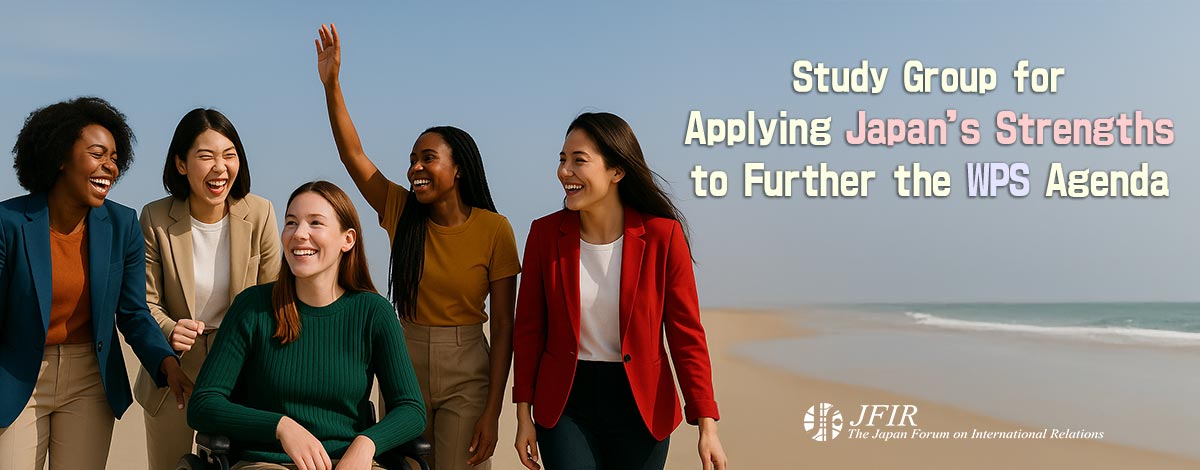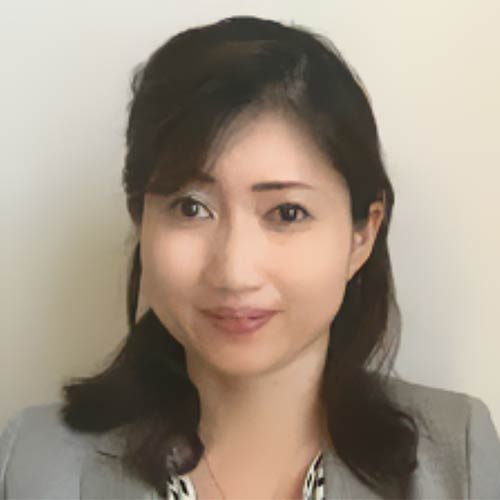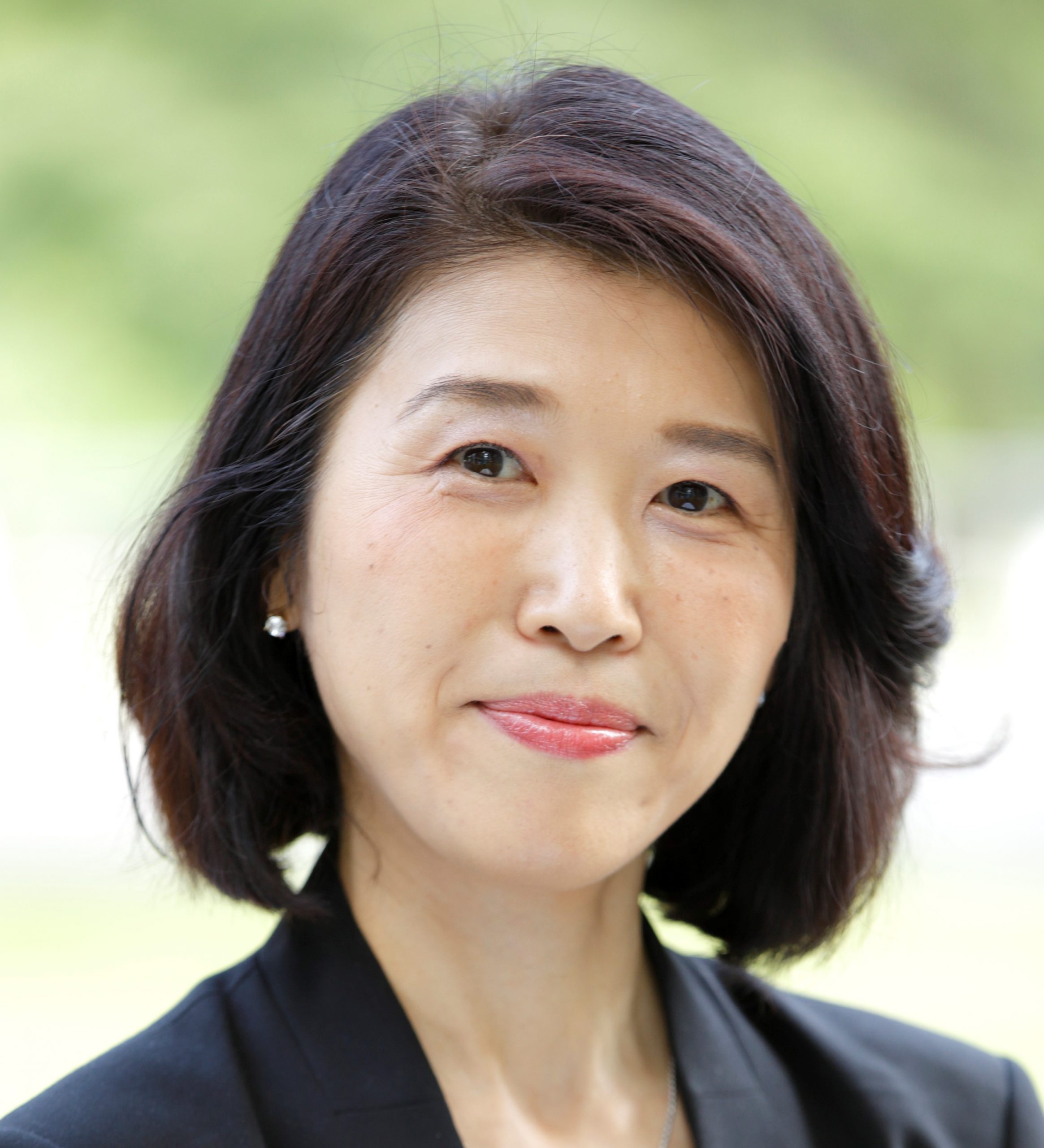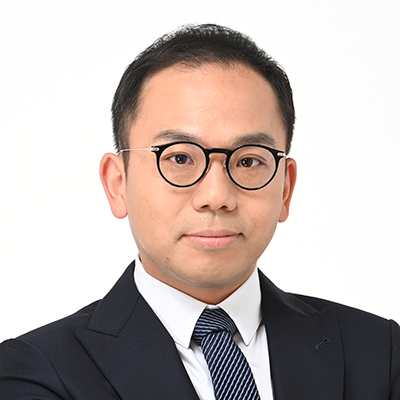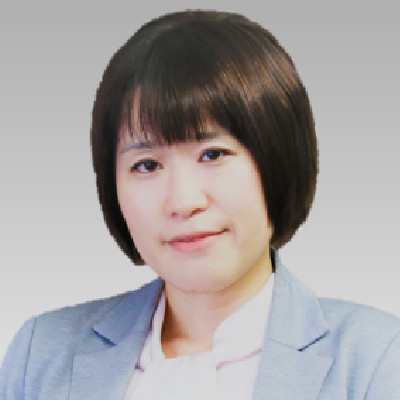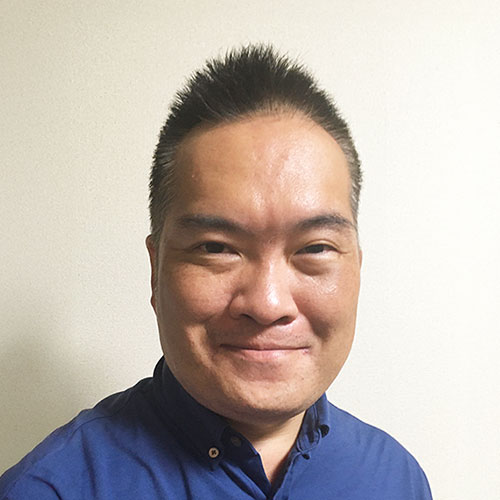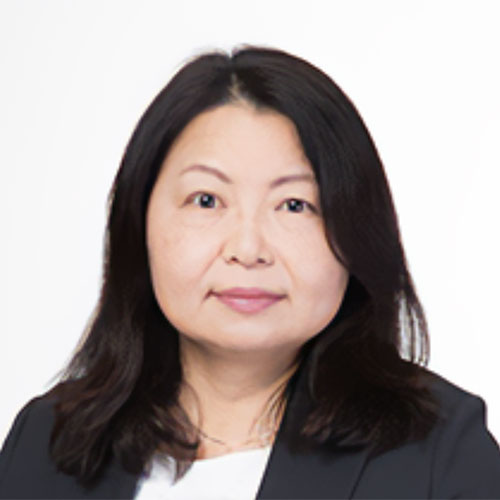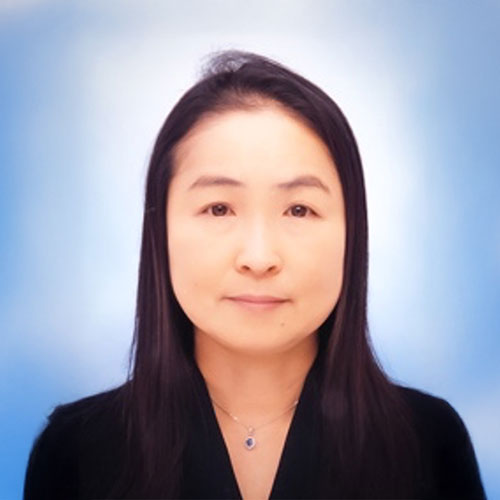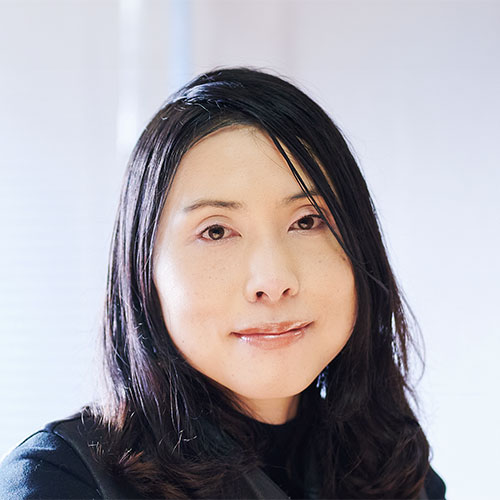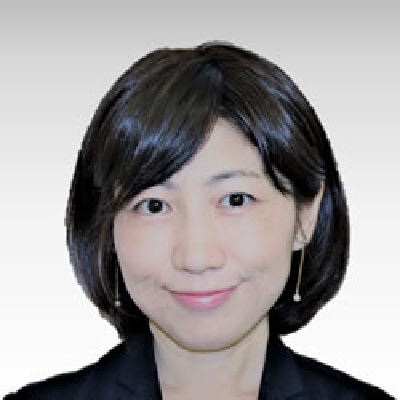Purpose of study group
Women, peace, and security (WPS) has attracted attention as a key phrase for exploring Japanese diplomacy. Since ratifying the UN’s WPS resolution, Japan has developed three successive action plans and has taken active steps to implement the resolution. These steps have covered a diverse range of areas, including addressing conflict-related scenarios and the threat of natural disasters and climate change, and developing talent to disseminate the WPS agenda.
Considering this history and track record, Japan has an opportunity to consider international relations from a gender perspective and use active diplomacy to build a peaceful future. To that end, it is imperative that leaders in Japan take up the torch of gender equality from those who have gone before and present the world with a new diplomatic approach for WPS, one that draws on Japan’s strengths and considers global trends.
The year 2025 is an opportune year. In addition to marking the 25th anniversary of the adoption of the WPS resolution, it is a year in which Japan is co-chairing the WPS Focal Points Network with Norway. As co-chair in this memorial year, Japan has a historic mission to present a future vision for the WPS.
Considering this, our study group has committed to re-evaluating gender and international security from a contemporary viewpoint. We want to incorporate women’s perspectives as much as possible into new discourses on protecting women from sexual violence in conflict scenarios, on improving gender equality by assigning women a stronger role in peace processes and crisis resolution, on dealing with climate change and preventing or managing natural disasters, and addressing the new threat of technology-facilitated gender-based violence. Our activities comprise the following: 1) archiving information about WPS and monitoring WPS-related trends; 2) using intellectual exchanges at different levels to broadcast Japan’s WPS experience, expertise, and contributions to a national and international audience; and finally, 3) drafting policy recommendations and sharing with policymakers an intellectual architecture for envisaging the next stage in Japanese diplomacy. For these purposes, our study group adopts the following organizational framework for research.
Members
- Leader

TAKAHASHI Wakana
Professor, Utsunomiya University / Distinguished Research Fellow, JFIR- Second Leader

HIROSE Yoko
Professor, Keio University / Distinguished Research Fellow, JFIR
- General Manager
TAKAHATA Yohei
Executive Director & Distinguished Research Fellow, JFIR / Senior Researcher, Keio Research Institute at SFC- Deputy General Manager
ITO Wakako
Executive Director & Distinguished Research Fellow, JFIR / Senior Program Coordinator of RCAST, University of Tokyo
- Members

KAMINO Tomoya
Associate Professor, Gifu University
KAIDA Kiyomi
Associate Professor, Bunkyo Gakuin University
KITAMURA Miwako
Associate Professor, Tohoku University's Startup Incubation CenterMIMAKI Seiko
Professor, Doshisha University
- JFIR
WATANABE Mayu
President, JFIR
Commentary
Recent Activities
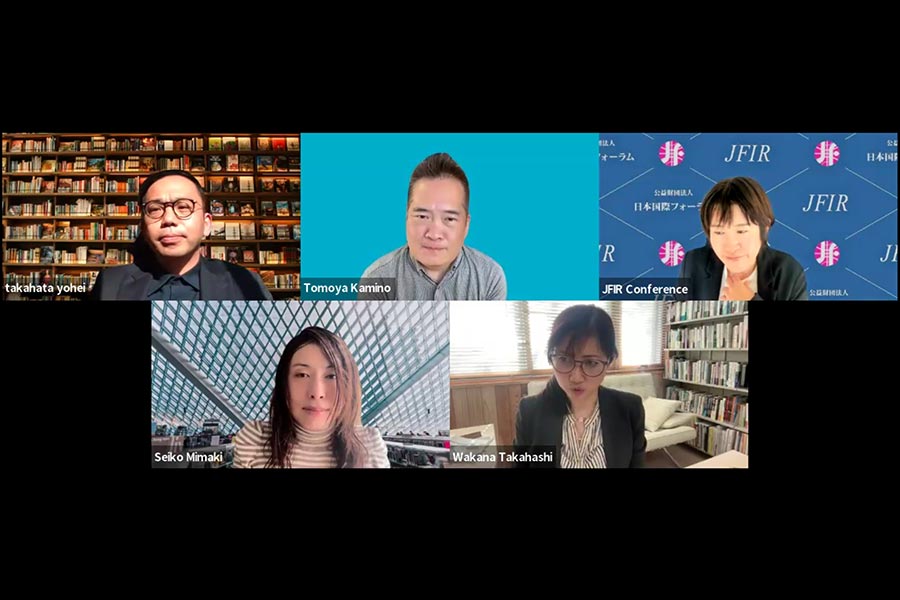
November 17, 2025
6th Regular Meeting “Study Group for Applying Japan’s Strengths to Further the WPS Agenda” Held
Professor Mimaki reported on research titled “Beyond ‘White Feminism’: A Critical Examination of ‘Feminist Diplomacy’,” followed by a free and open exchange of views among attendees.
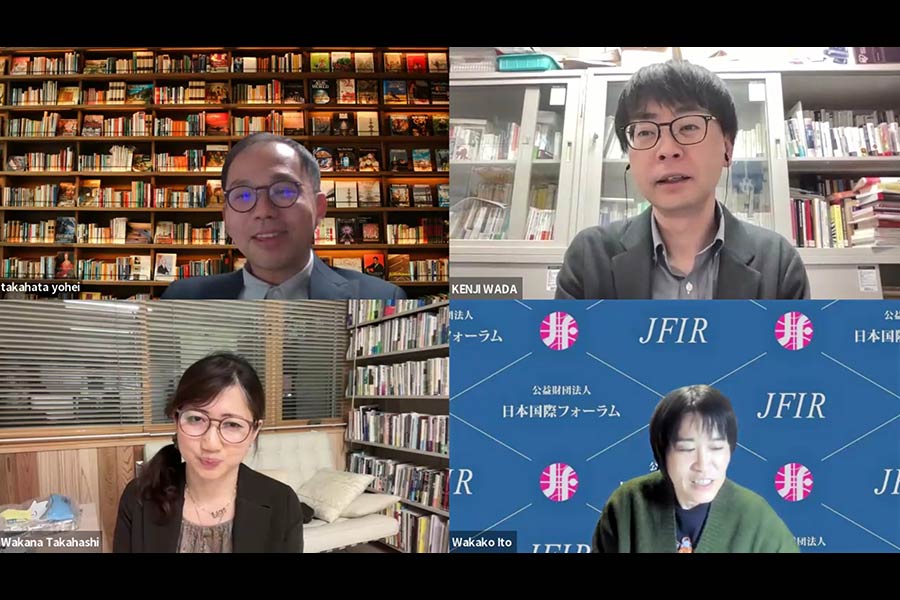
November 12, 2025
5th Regular Meeting “Study Group for Applying Japan’s Strengths to Further the WPS Agenda” Held
Professor Kenji Wada of Musashino Gakuin University was invited as an external lecturer and reported on research titled “Challenges in Gender Mainstreaming in Women, Peace, and Security,” followed by a free and open exchange of views among attendees.
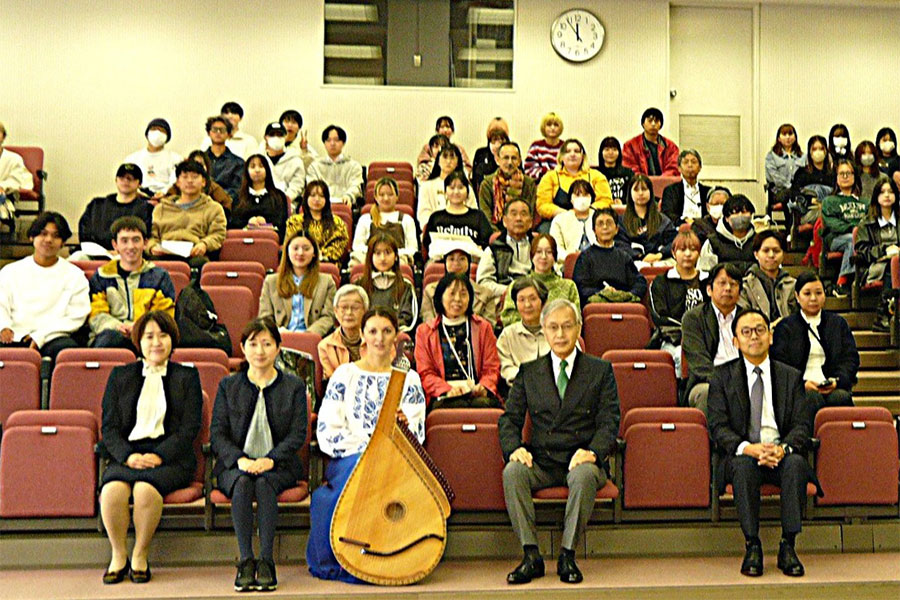
November 4, 2025
Open Lecture: WPS (Women, Peace, and Security) Special Colloquium
Our study group co-hosted a special colloquium with the Center for the Multicultural Public Sphere, affiliated with the Faculty of International Studies, Utsunomiya University. The event featured Ms. Kateryna, a Ukrainian bandura player, and brought together about 100 students of Utsunomiya University to reflect on the relationship between peace and gender through music. From our study group, Research Leader Prof. Wakana Takahashi, General Manager Mr. Yohei Takahata, and Deputy General Manager Dr. Wakako Ito participated in the event.
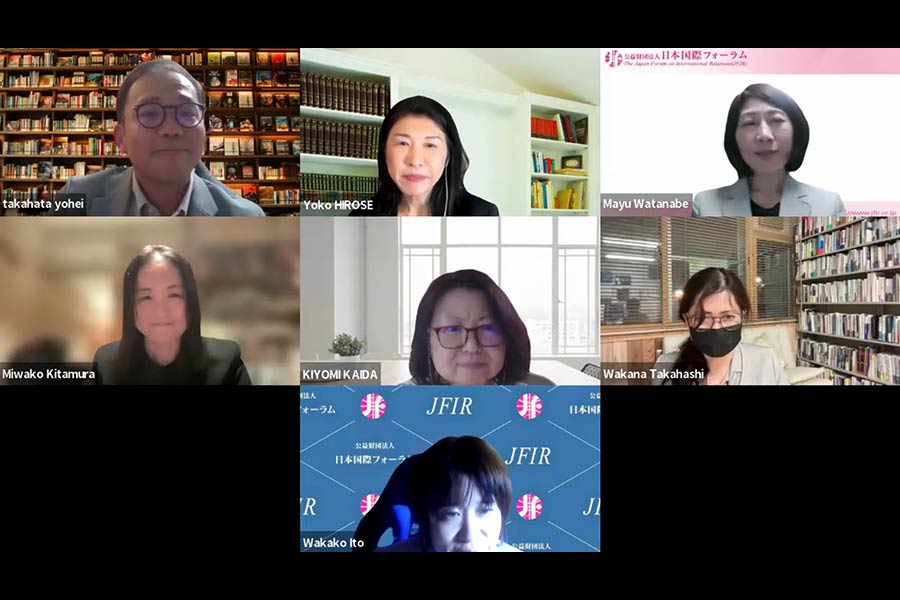
October 16, 2025
4th Regular Meeting “Study Group for Applying Japan’s Strengths to Further the WPS Agenda” Held
Hirose Second Leader reported on research titled “Russia’s Invasion of Ukraine and LGBT Issues,” followed by a free and open exchange of views among attendees.
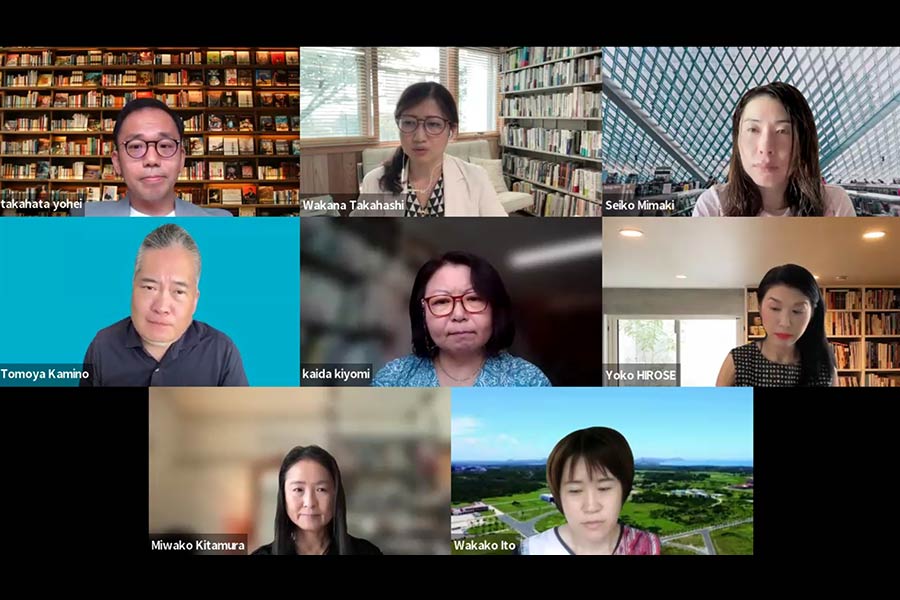
October 6, 2025
3rd Regular Meeting “Study Group for Applying Japan’s Strengths to Further the WPS Agenda” Held
Assoc. Prof. Kamino reported on research titled “Historical Background and Current Developments in the United Nations Security Council,” followed by Assoc. Prof. Kaida’s report on “Gender-Based Violence: The Case of Nigeria.” A free and open discussion followed with the attendees.
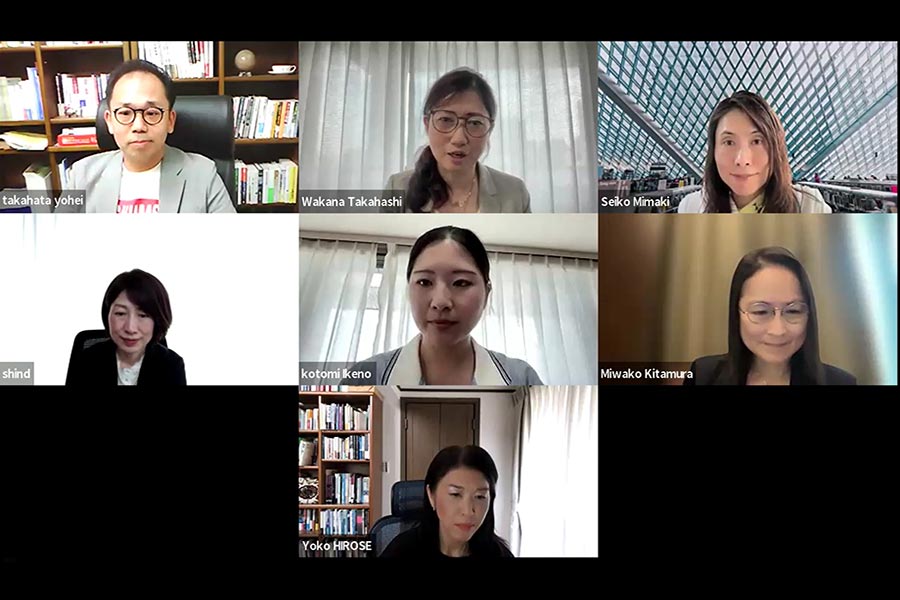
June 16, 2025
2nd Regular Meeting “Study Group for Applying Japan’s Strengths to Further the WPS Agenda” Held
Two project members presented their research: Prof. Takahashi reported on “Challenges and Prospects for Gender Mainstreaming,” and Assoc. Prof. Kitamura reported on “Disasters and Gender,” followed by a free discussion with the attendees.
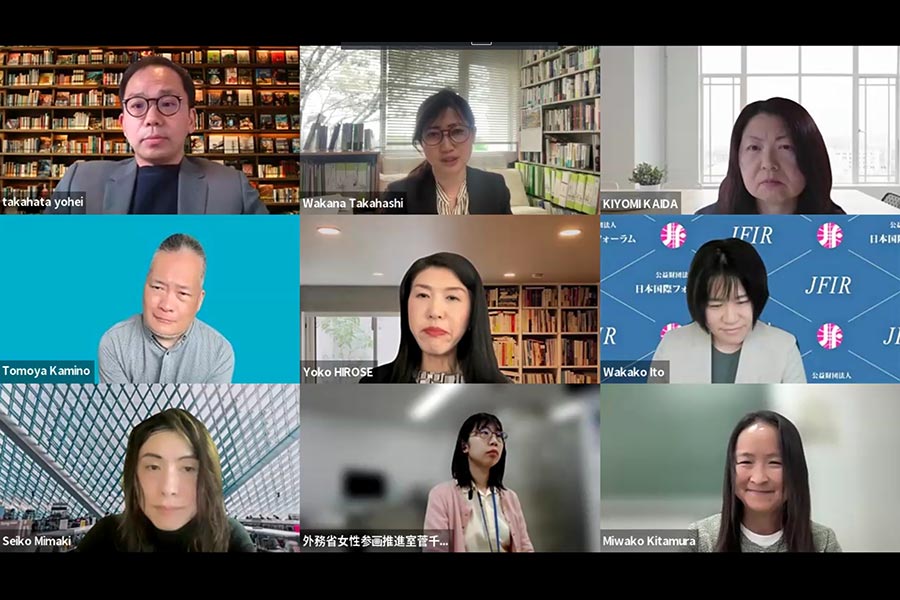
April 28, 2025
1st Regular Meeting “Study Group for Applying Japan’s Strengths to Further the WPS Agenda” Held
TAKAHASHI Wakana, project leader, gave an opening address and a report on the launch of the study group, followed by an overview of the study group by TAKAHATA Yohei, General Manager. The members freely and openly exchanged opinions on the future direction of the study group.
NOTE: The views in the various proposals, columns and essays posted on this page are the personal views of the authors and do not represent the views of the Japan Forum on International Relations.

